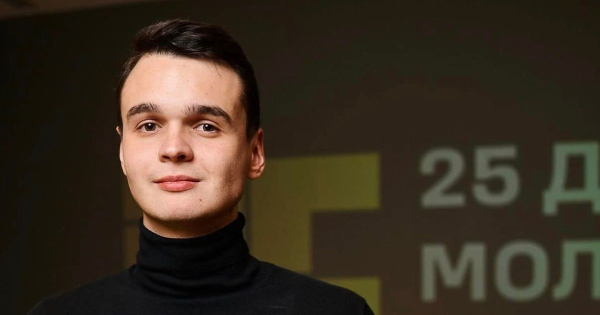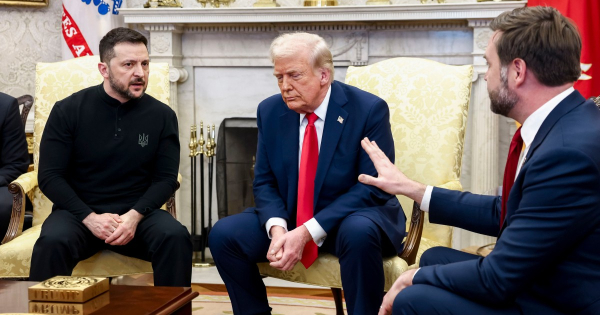
The political agreement between the EU and the 79-member African, Caribbean and Pacific community is at growing risk of collapse and remains unratified, eighteen months after been concluded by EU and ACP negotiators.
After several years of painstaking negotiations and delays, the pact was initialed by Commissioner for International Partnerships and EU chief negotiator, Jutta Urpilainen and her ACP counterpart Robert Dussey.
The successor to the 2000 Cotonou Agreement, the pact promises greater political dialogue and development cooperation, though it will not change trading arrangements between the EU and ACP, which will continue to be based on the regional economic partnership agreements and the Anything But Arms agreement.
It also includes chapters on security and migration, one of the most controversial issues throughout the talks, including new commitments from the ACP countries on return and re-admission of failed economic migrants, and new text on agreeing “circular migration” and legal pathways into Europe.
However, Hungary, which had urged the Commission to demand tougher commitments on return and readmission of migrants throughout the negotiating process, continues to block attempts by the EU executive to ratify the agreement.
The European Parliament, meanwhile, has repeated its demands that EU states break the logjam and finalise the agreement. Writing for EURACTIV, the Socialist group’s leading MEPs on the joint parliamentary assembly, including co-chair Carlos Zorrinho, accused Viktor Orbán’s government of “holding hostage the Post-Cotonou Agreement”, adding that “further delays are no longer acceptable”.
Meanwhile, at a meeting of the joint parliamentary assembly composed of MEPs and parliamentarians from the ACP in Mozambique this week, there were also signs that African states are seeking to row back on the pact, specifically with regards to commitments related to gender equality and non-discrimination on the grounds of sexual orientation.
“We have discovered that with the Post-Cotonou agreement there are hidden clauses around human rights. Clauses to do with sexuality, promotion of LGBT/homosexuality, and clauses to do with abortion,” said Thomas Tayebwa, Deputy Speaker of the Ugandan parliament.
“We are a society that isn’t ready for homosexuality and we are a society that’s not ready for abortion,” he added.
The delays are adding to existing difficulties faced by the ACP.
The meeting of EU and ACP lawmakers focused on demands that wealthy states meet their pledge to provide $100 billion per year in climate adapation finance and support to adapt to the EU’s upcoming carbon border tariff. ACP representatives also asked for assistance in dealing with EU legislation on corporate due diligence and deforestation-free products.
Last month, Devex media reported that South Africa, the second largest economy in Africa, had signalled its intention to withdraw from the ACP on the grounds that it has its own political and economic partnership agreement with the EU.
That marked a serious setback for the ACP which has already been forced to take a back seat to the African Union which has emerged as the main organisation through which the EU institutions pursue EU-African relations.
Critics of the ACP, whose secretariat is funded by the EU budget, say that it has little political clout and is a relic of colonialism.
[Edited by Frédéric Simon]
Source: euractiv.com



